All Classes and Courses
Browse the catalog for self-paced interactive courses, video lessons and video courses, as well as scheduled instructor-led sessions, study groups, webinars and special events.
Click any button to browse all catalog resources in a particular area or use the filters to refine your search. Learn about the different course types.
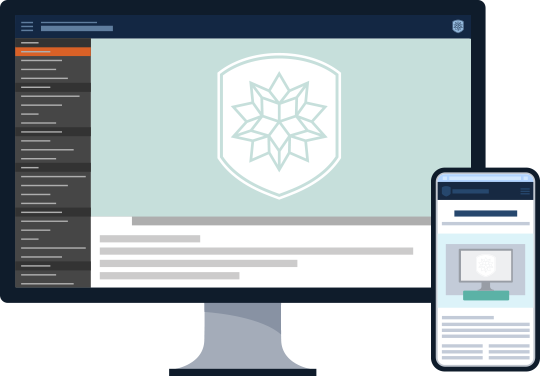
An Elementary Introduction to the Wolfram Language

Computational Food and Nutrition
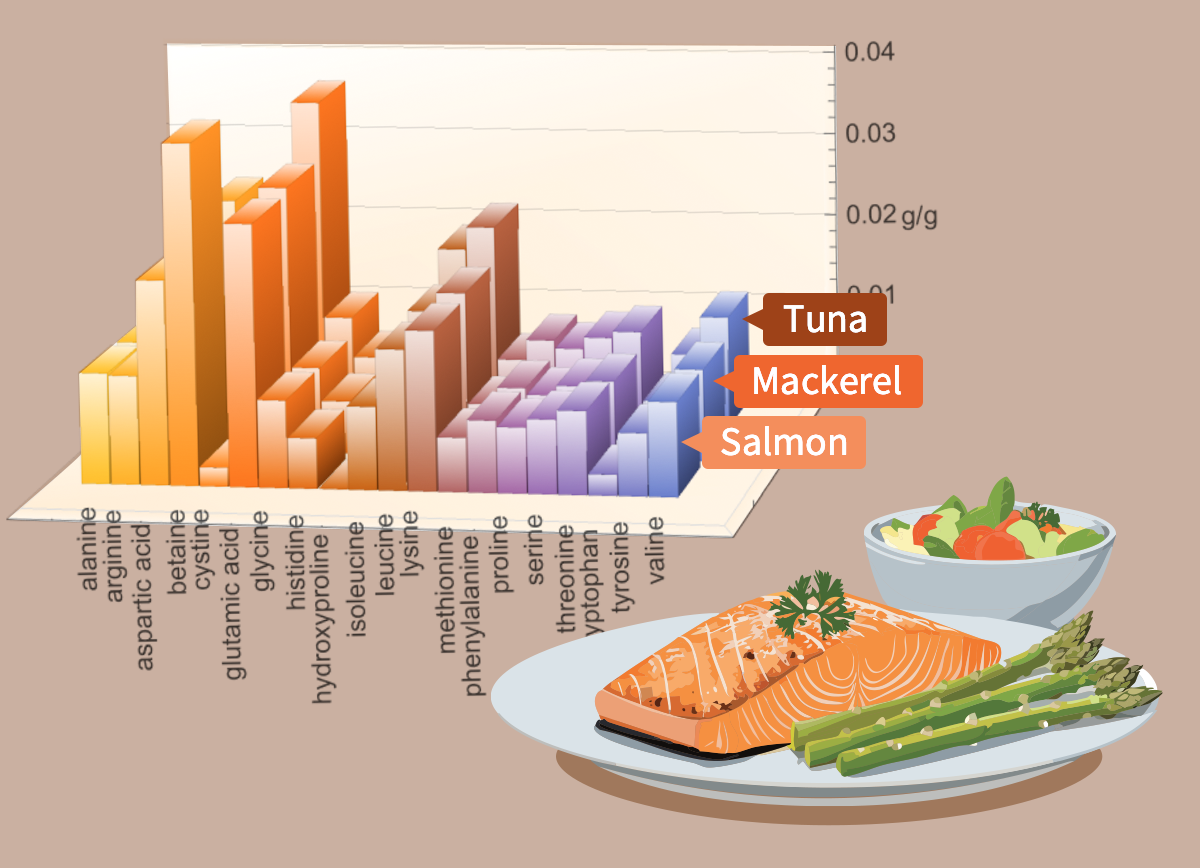
Computational Social Science with Wolfram Language
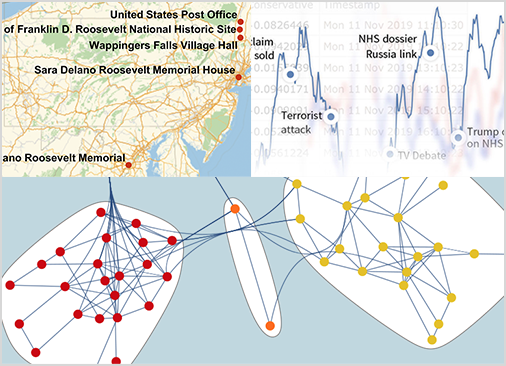
Computing Historical Geography
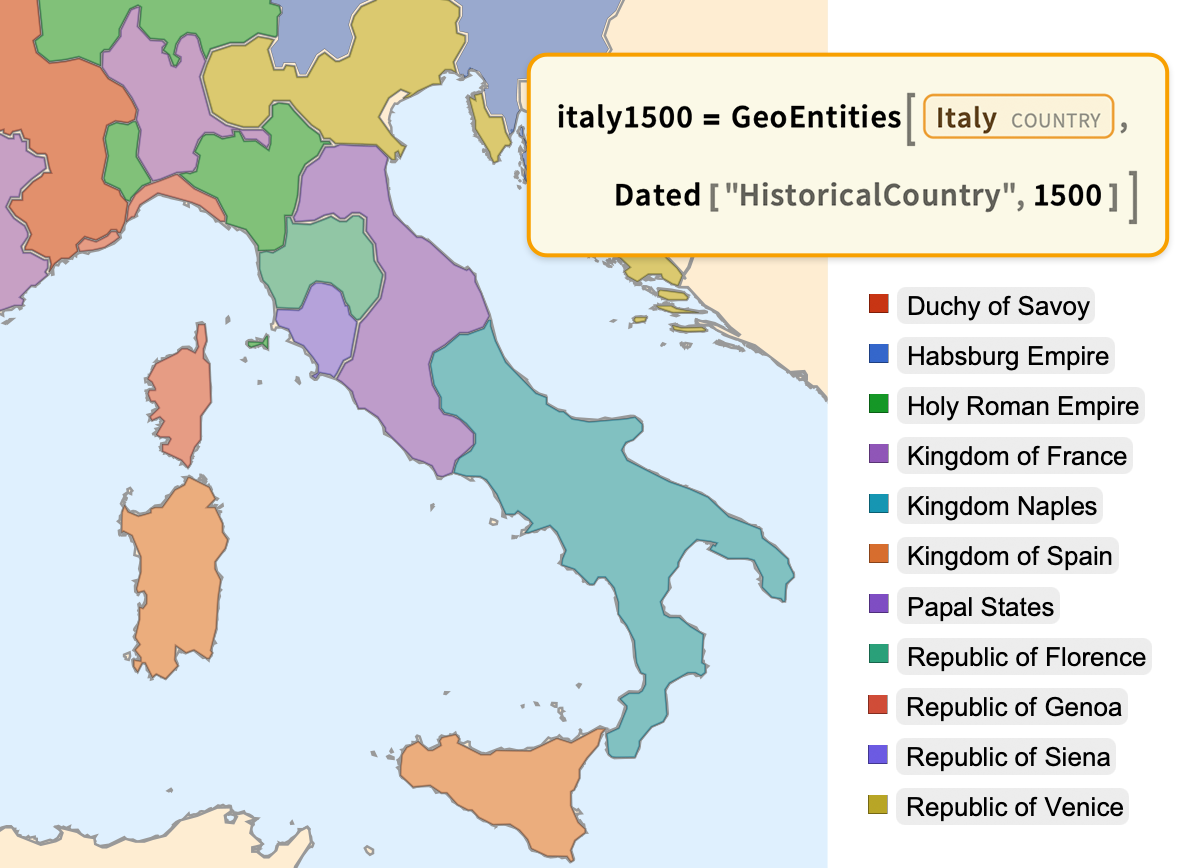
Daily Study Group: Computational Food and Nutrition

Introduction to Decision Process Theory
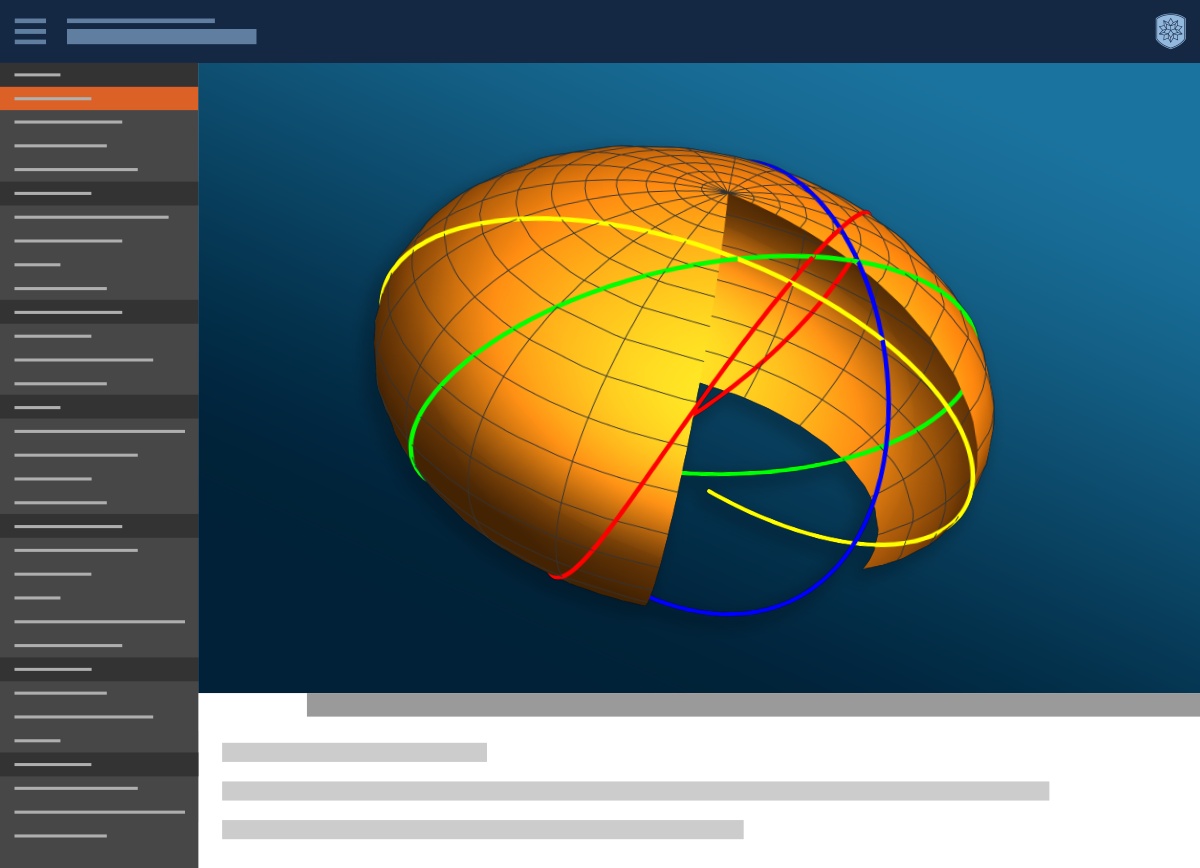
Computational Xplorations

Creative Computation

Biomolecules in Wolfram Language
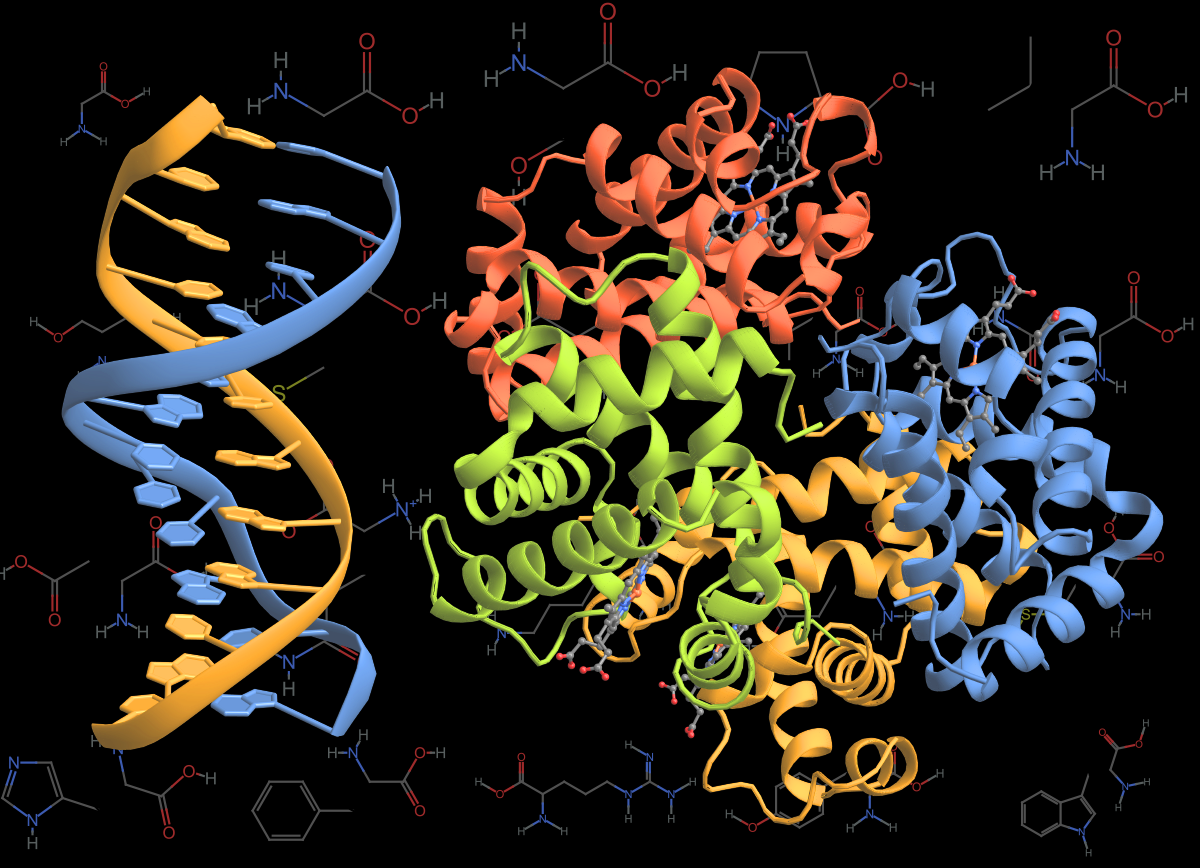
Can I Spot a Cheat?

Cause or Correlation?

Computational Astronomy

Computational Economics

Computational Zoology

Daily Study Group: Creative Computation

Does Gender Help with Your Maths Score?

Ecology and Environmental Science Modeling in Wolfram Language

EdTech for the Computational Classroom (Study Group Sessions)

Exploring and Getting Started with Wolfram Language

Handling Geographic Data and GIS Functionality in Wolfram Language

How Happy Are People in My Country?

Injecting Reliability into Generative AI

Problem Solving for Competitive Math

That's Random! Or Is It?

Course Type
- Interactive Courses
- Video Lessons
- Video Courses
- Instructor-led Courses
- Archived and Special Events
Interactive Courses
Also known as MOOCs (massive open online courses), these courses are hosted on the Wolfram Cloud and allow you to interactively explore concepts using Wolfram Language functionality.
Self-paced with progress tracking
Include video lessons, exercises and problems, quizzes, exams and a scratch notebook
Sharable completion certificates available for all courses
Wolfram Level 1 proficiency certifications available for select courses
Video Lessons
Short recorded lessons that provide limited instruction on a computational topic or for using Wolfram tech.
Quick-start videos
Lessons from content experts
A wide variety of beginner-level lessons
Free to watch
Video Courses
Video series that build on preceding lessons to provide comprehensive instruction.
Each video course features a playlist of sequential lessons
Recorded by Wolfram certified instructors
Comprehensive coverage of a particular topic
Free to watch
Instructor-led Courses
Scheduled as online and in-person classes, these courses provide comprehensive instruction guided by a live instructor.
Registration required to reserve your seat
Taught by Wolfram certified instructors
Opportunity to pose live questions to experts in the room
Course completion certificates available
Archived and Special Events
Presentations by Wolfram developers, content experts and instructors.
Webinars on special topics and new release functionality
Livecoding sessions
Wolfram Daily Study Groups
Free to watch
